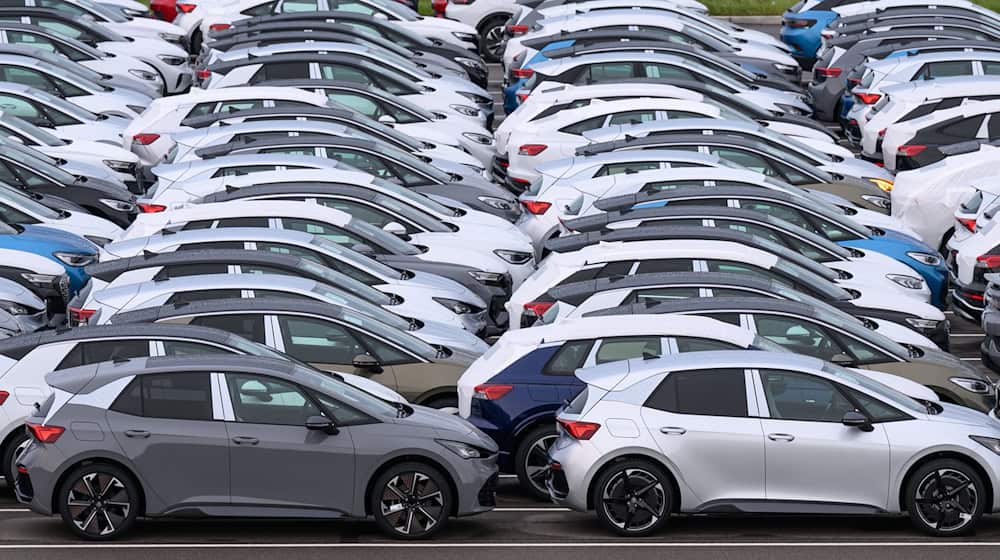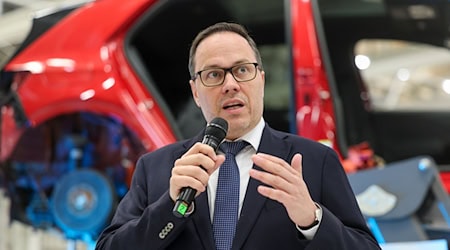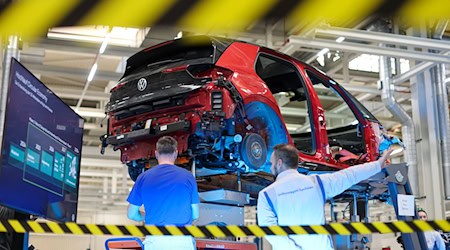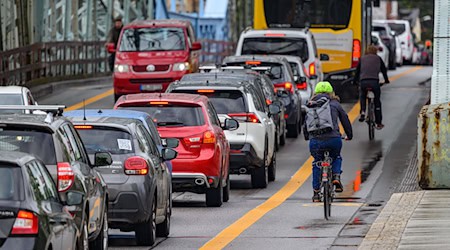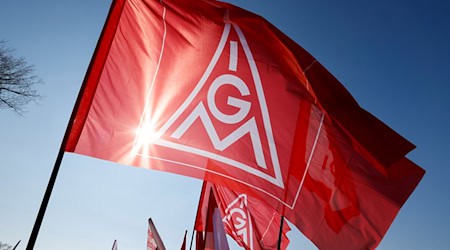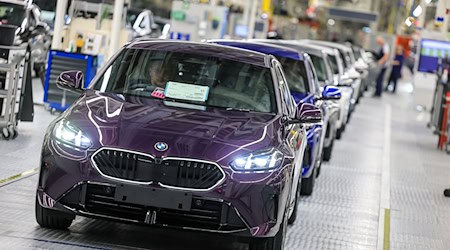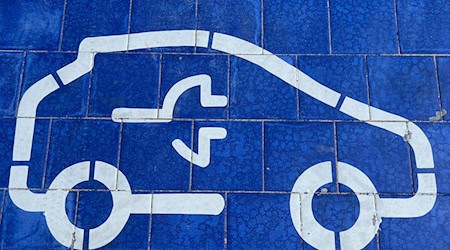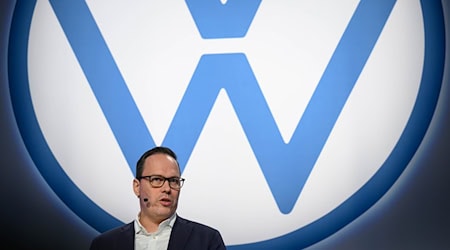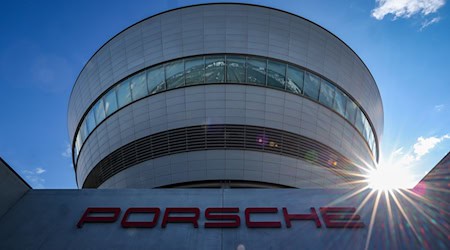Chip shortages, expensive energy, geopolitical tensions and competition from Asia - the East German automotive industry has rarely been under as much pressure as it is today. Nevertheless, it sees opportunities in change. At the annual congress of the Automotive Cluster East Germany (ACOD) in Leipzig on Tuesday, around 200 guests from politics, business and science discussed the future of the industry.
ACOD CEO Petra Peterhänsel made the situation clear: "Geopolitical tensions and volatile supply chains, but also increasing competitive pressure, primarily from Asia, and ongoing technological change pose major challenges for our industry." Although unpredictability is a constant companion of the automotive industry, the pressure has intensified massively. "The decisive factor is how you deal with it. There is no time to stand still."
For Peterhänsel, it is clear that the industry is not at the beginning of a new era, but rather in the middle of one. She sees the future primarily in cooperation and flexibility: "Collaboration, interdisciplinary networking and a new dynamic are the keys to surviving in this environment." Change should not be left to chance - "and certainly not to new competitors."
Rethinking from the ground up
Politicians were also prominently represented at the congress - for example with Minister of Economic Affairs Dirk Panter. The SPD politician spoke of a "fundamental key industry" for the Free State. "The hearts of the future beat in Leipzig, Zwickau, Chemnitz and Dresden," he said. With a strong supplier and research landscape, Saxony has a solid basis. Nevertheless, "some topics need to be rethought from scratch" - from stable costs and reliable infrastructures to "people who are prepared to adopt new approaches". Education and research are his top priorities. "Saxony remains a car state," he emphasized.
Thuringia's Minister of Economic Affairs Colette Boos-John (SPD) was also present. With optics, sensor technology and renowned research institutes, her state is a "guarantor of innovative capacity". Protectionist measures such as the US tariff policy, on the other hand, bring uncertainty.
Defence meets transport
A new impetus was provided by Christian Growitsch from the Hamburg Institute for Innovation, Climate Protection and Circular Economy - an institution organized under private law that works closely with the Hamburg University of Technology. He called for closer cooperation between the automotive and defense industries. Technologies such as batteries, charging infrastructure and autonomous systems are not only crucial for the civilian market, but also for security-relevant applications. This would result in concrete opportunities for the automotive industry: new business models, more stable value chains and an innovation boost that would strengthen employment and competitiveness.
Pressure from outside, tailwind from within
ACOD Managing Director Jens Katzek had already described the industry's situation as "squaring the circle" in advance: high costs, a lot of bureaucracy and at the same time the need to get new technologies ready for the market in the shortest possible time. However, he also sees opportunities if politicians and companies pick up the pace.
Current figures show that the market is on the move. After a slump in 2024, new registrations of electric cars in Saxony are picking up again significantly: From January to July, 6,677 battery-powered vehicles hit the roads - around 2,500 more than in the same period last year. Porsche, BMW and Volkswagen are also reporting growing shares of electric models. "In the first half of 2025, almost 60 percent of Macan models delivered were fully electric," Porsche recently announced. BMW and Volkswagen are also seeing increasing shares and production figures.
"Purchase incentives remain necessary"
Katzek spoke of a "remarkably rapid transformation" at the East German locations. Technology has developed further and the infrastructure has also improved. In his opinion, however, purchasing incentives remain necessary to secure the change.
One thing is certain: The upheaval is in full swing. Whether the East German automotive industry can keep up the pace depends on the political framework conditions as well as the innovative strength of the companies.
Copyright 2025, dpa (www.dpa.de). All rights reserved

